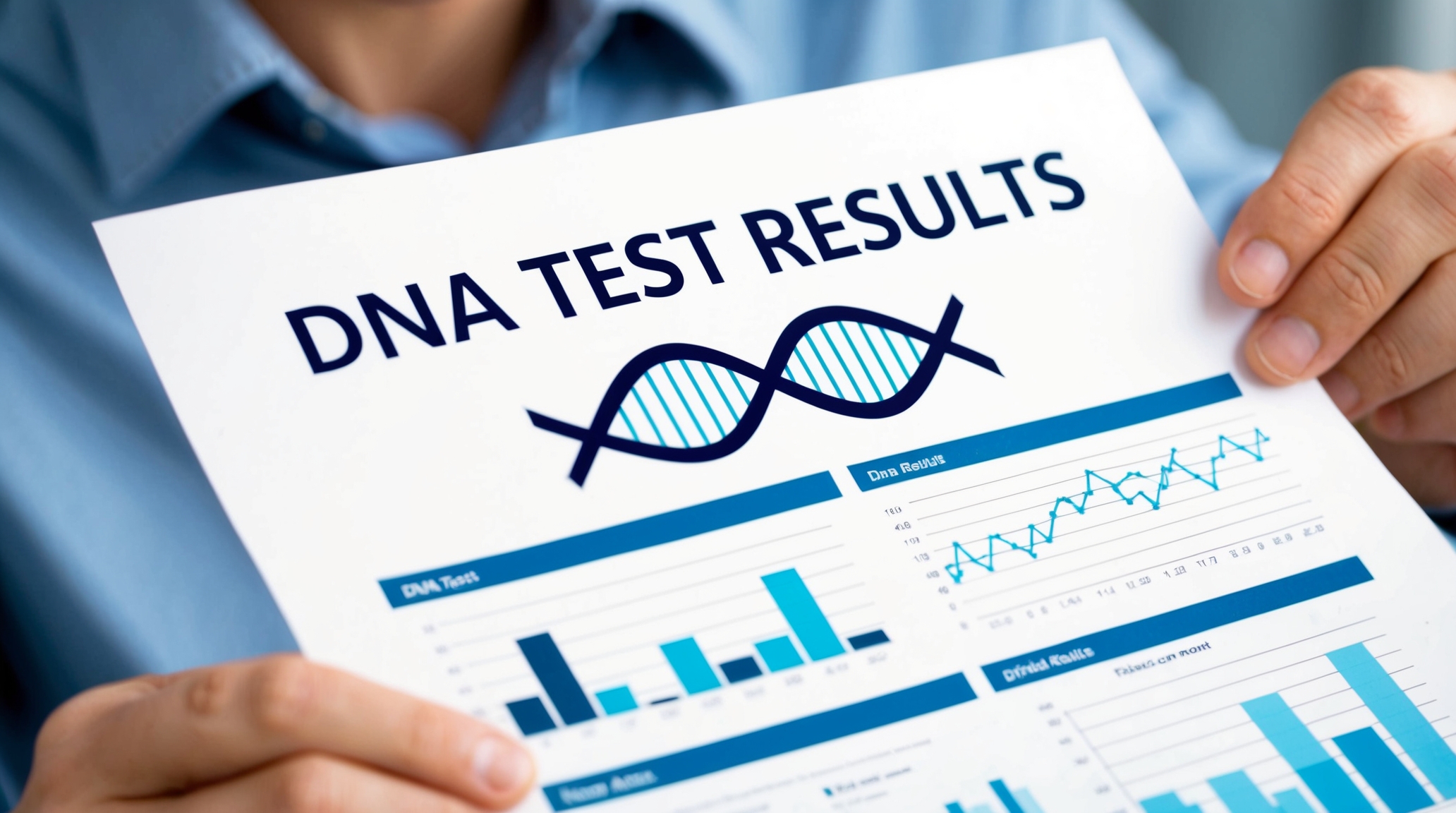Unlock Your Genetic Potential with DNA Labs UAE: Discover the Power of DNA Test Results
Why DNA Testing Matters More Than Ever
Your DNA holds the blueprint to your health, ancestry, and unique traits. At DNA Labs UAE, we empower you to decode this genetic information, offering insights that can transform your life. Whether you’re curious about your ancestry, optimizing your fitness, or safeguarding your health, our advanced DNA tests provide actionable answers.
Key Benefits of DNA Testing
- Personalized Health Strategies: Identify genetic risks for conditions like heart disease, diabetes, or cancer, and take preventative steps.
- Tailored Nutrition Plans: Discover food sensitivities, vitamin deficiencies, and optimal diets based on your genetic profile.
- Fitness Optimization: Learn your body’s strengths—whether you’re built for endurance, strength, or power—and craft a workout plan that delivers results.
- Ancestry Insights: Trace your lineage and uncover your family’s global origins with precision.
- Family Planning: Clarify relationships with paternity, maternity, or sibling tests, ensuring clarity and peace of mind.
Why Choose DNA Labs UAE?
Cutting-Edge Technology and Precision
As the UAE’s leading genetic testing lab, we use state-of-the-art technology and rigorous quality control to deliver unmatched accuracy. Our advanced testing methods detect even the rarest genetic variations, ensuring comprehensive and reliable results.
Fast, Affordable, and Confidential
- Competitive Pricing: Premium genetic testing made accessible with budget-friendly packages.
- Quick Turnaround: Receive results in as little as 3 weeks, accompanied by a detailed, easy-to-understand report.
- Complete Privacy: Your data is protected with strict confidentiality protocols.
Explore Our Range of DNA Tests
Health & Wellness
- Disease Risk Screening: Assess your predisposition to cancers, neurodegenerative disorders, and metabolic conditions.
- Pharmacogenetic Testing: Understand how your genes influence medication responses for safer, personalized treatments.
Fitness & Nutrition
- Nutrigenomic Reports: Optimize your diet based on carbohydrate tolerance, lactose intolerance, and vitamin needs.
- Sports Performance Analysis: Unlock your athletic potential with a DNA-based fitness plan.
Family & Ancestry
- Paternity/Maternity Testing: Resolve legal or personal queries with 99.99% accuracy.
- Ancestry DNA Testing: Map your heritage across continents and generations.
Specialty Tests
- Prenatal Testing: Early detection of genetic conditions during pregnancy.
- Forensic DNA Analysis: Solve complex cases with samples like hair, saliva, or personal items.
How It Works: Simple, Fast, and Reliable
- Order Your Kit: Choose from our wide range of tests online.
- Collect Samples: Use our painless mouth swab at home or visit our Dubai lab.
- Get Results: Access your report digitally within weeks, followed by a free consultation with our genetic experts.
Take Control of Your Future Today
Your genes don’t have to dictate your destiny—they can guide you toward a healthier, more informed life. At DNA Labs UAE, we equip you with the knowledge to make proactive choices, from diet adjustments to preventative screenings.
Limited-Time Offer: Book your DNA test today and enjoy exclusive discounts on our most popular packages!
Ready to unlock your genetic potential? Start your journey to better health with DNA Labs UAE!



